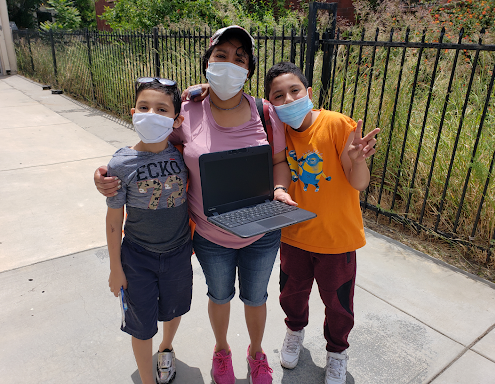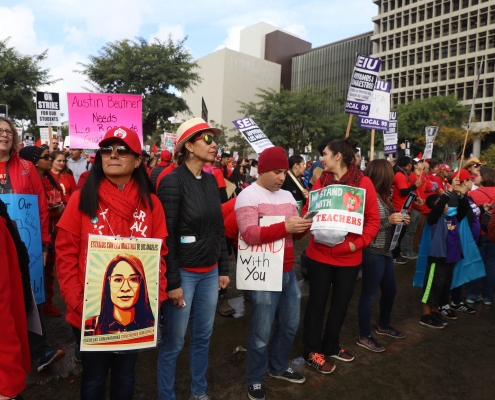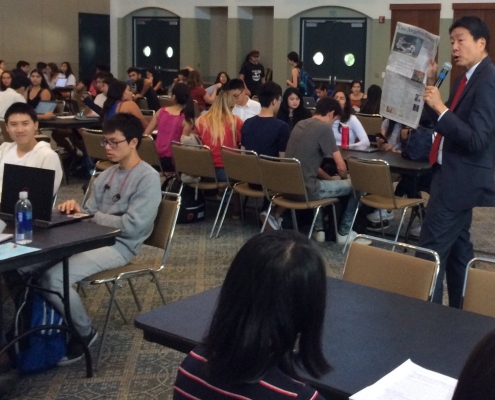Posts

Janitor-Parent Experiences During the COVID-19 Pandemic
By Lucy González, Graduate Student Researcher; Sophia L.…

Bargaining for the Common Good: An Analysis of the Los Angeles Teachers’ Strike
By Betty Hung, Staff Director, and Kent Wong, Director, UCLA…

Students Participate in Collective Bargaining Exercise at UCLA
By Kent Wong Director, UCLA Labor Center The UCLA fall…

